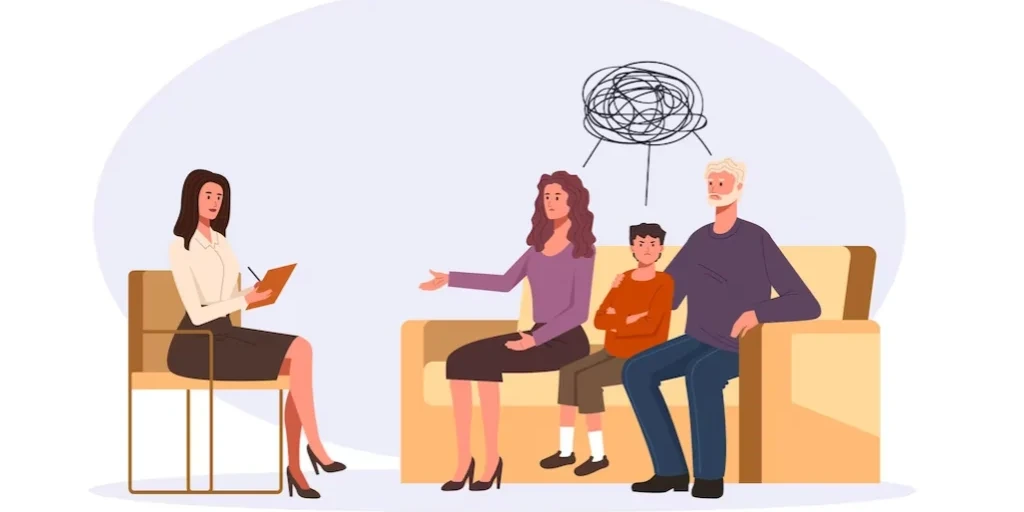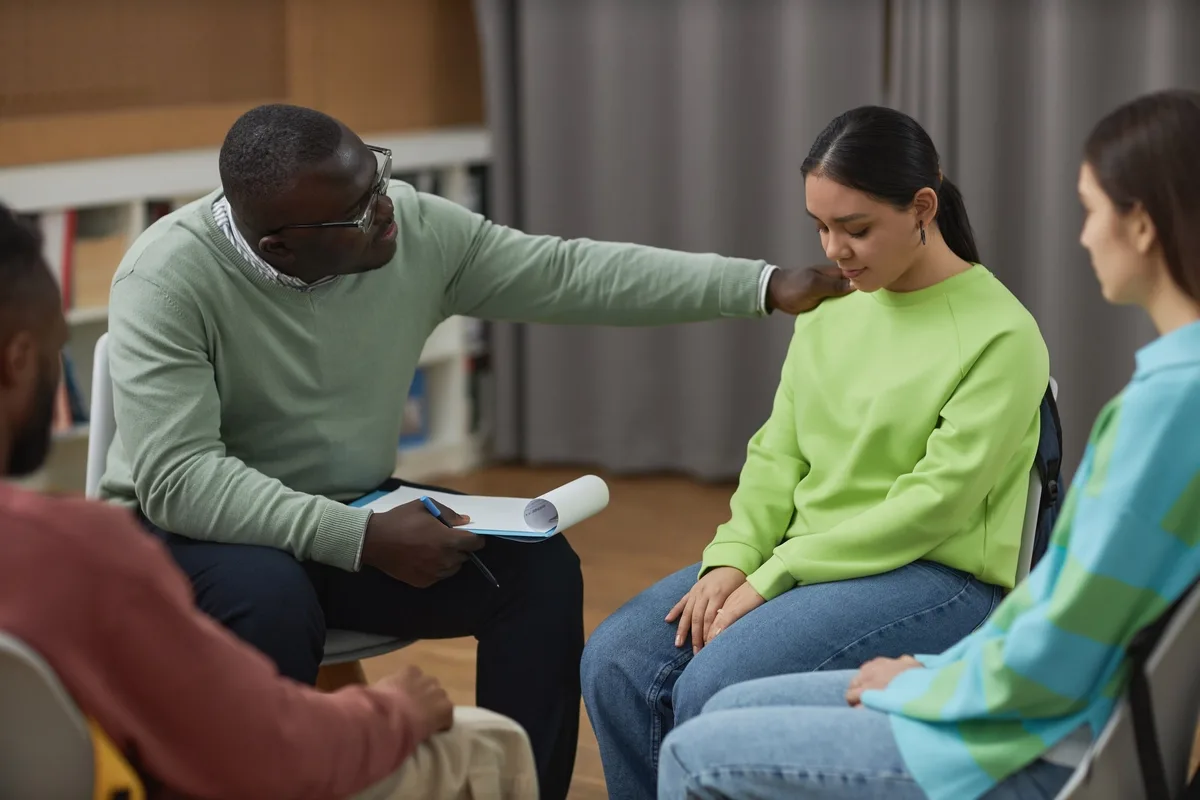24/7 Helpline:
(866) 899-221924/7 Helpline:
(866) 899-2219
Learn more about PTSD Rehab centers in Ponca City
PTSD Rehab in Other Cities

Other Insurance Options

Magellan Health

Absolute Total Care

Amerigroup

Premera

Evernorth

State Farm

BlueCross

UMR
Beacon

WellPoint

Group Health Incorporated

CareSource

Sliding scale payment assistance

Providence

Covered California

Oxford

Optum

Access to Recovery (ATR) Voucher

GEHA

American Behavioral

Edwin Fair Community Mental Health Center – Kay County
Edwin Fair Community Mental Health Center – Kay County is a private rehab located in Ponca City, Okl...

Bridgeway
Bridgeway is located in Ponca City, Oklahoma. Bridgeway provides substance abuse treatment.

Ponca City Rightway Medical
Ponca City Rightway Medical is a private rehab located in Ponca City, Oklahoma. Ponca City Rightway ...




Tonkawa Tribe – Substance Abuse Program
Indian Alcohol and Substance Abuse Tonkawa Tribe of Oklahoma offers outpatient services for people s...




































Alpha II
Alpha II is a private rehab located in Tonkawa, Oklahoma. Alpha II specializes in the treatment of a...






























